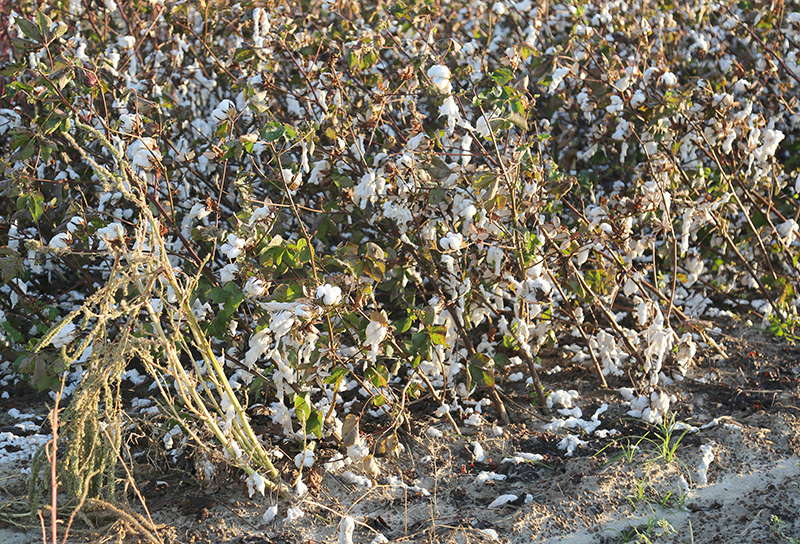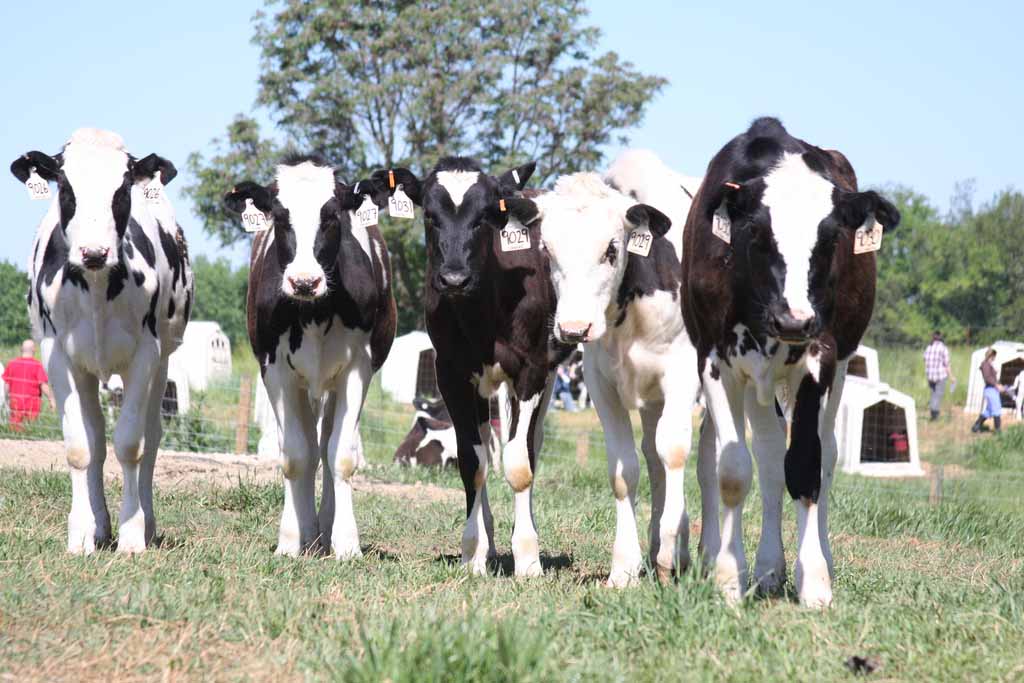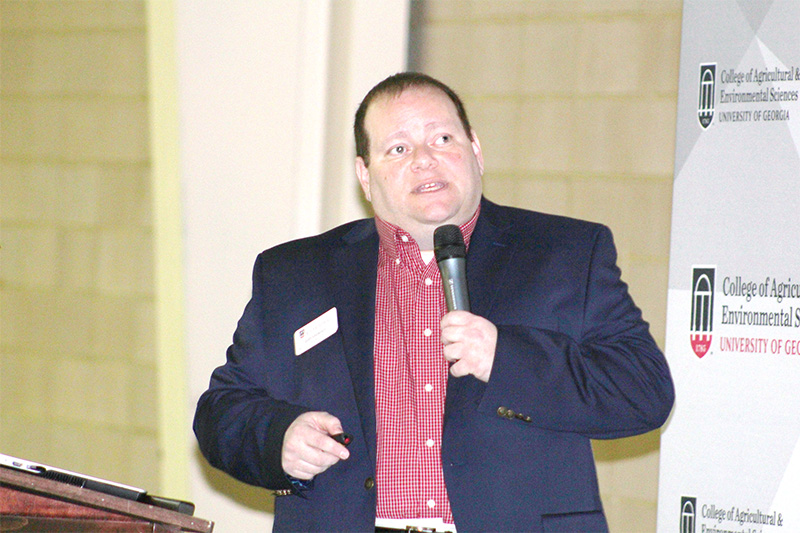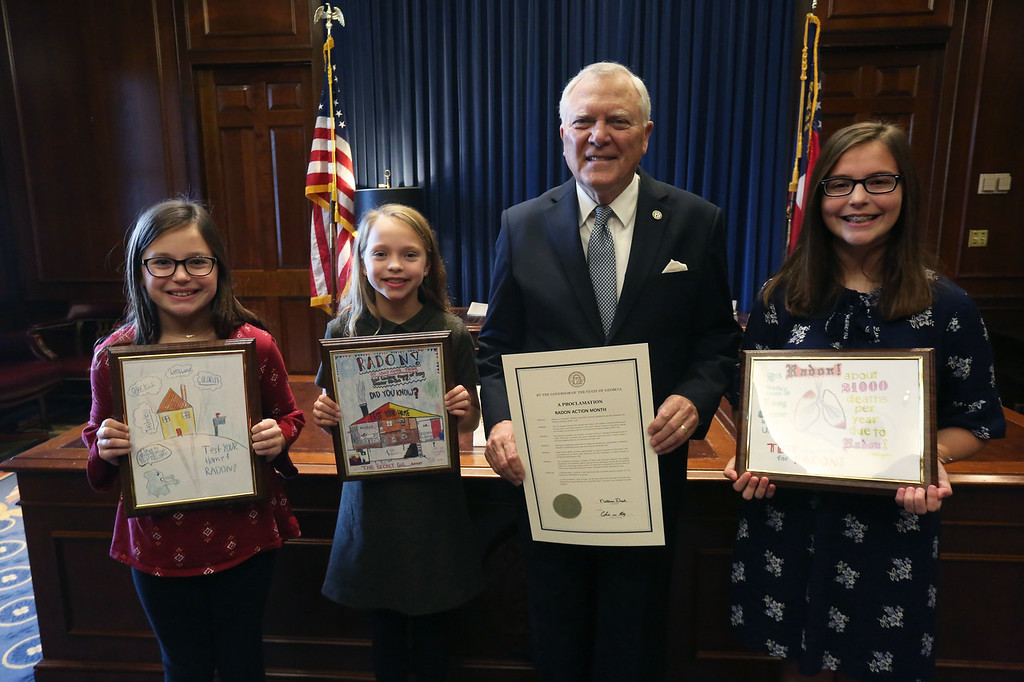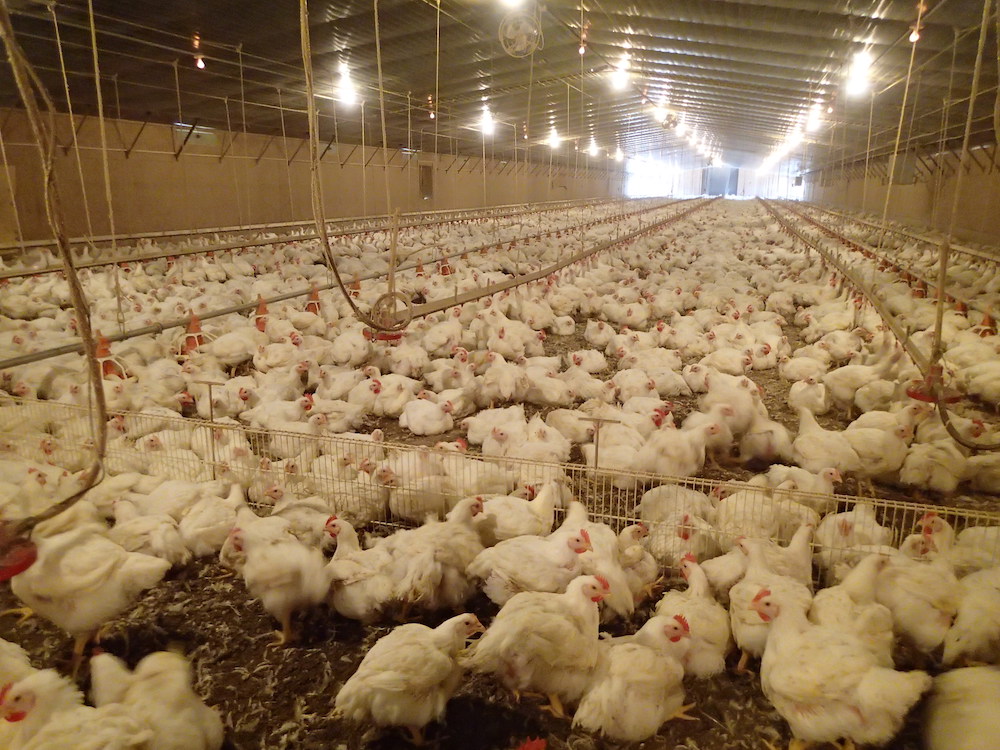 CAES News
CAES News
Metabolism Genetics
As far as poultry farmers are concerned, feed equals money. The more efficient chickens are at turning feed into thighs, breast and drumsticks, the healthier their bottom line. It turns out that the same science that can help poultry farmers raise more feed-efficient chickens could help people become healthier, too.

